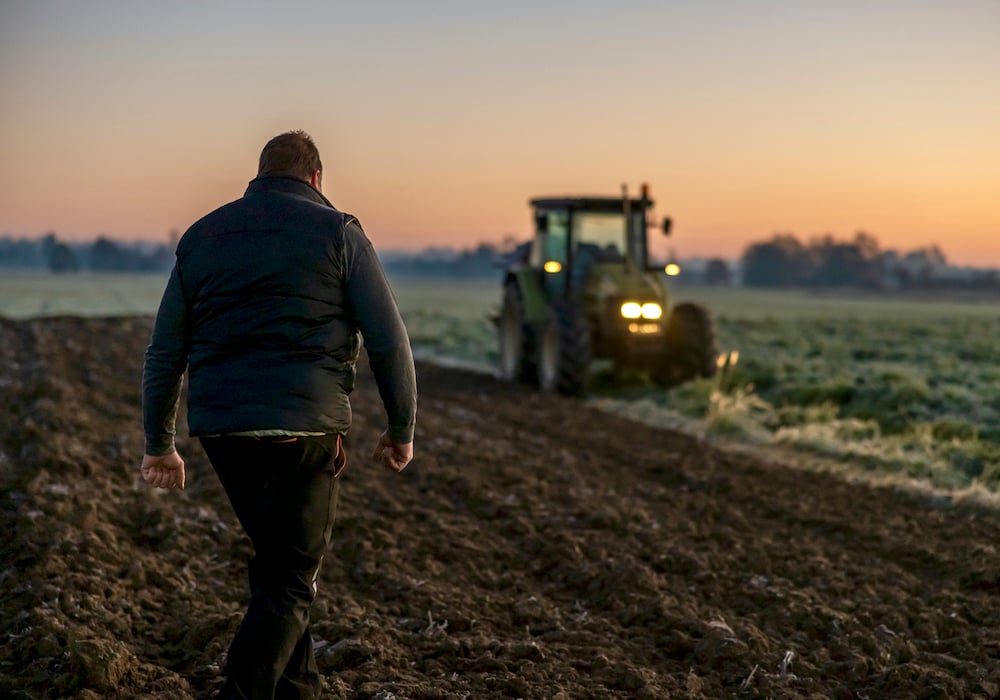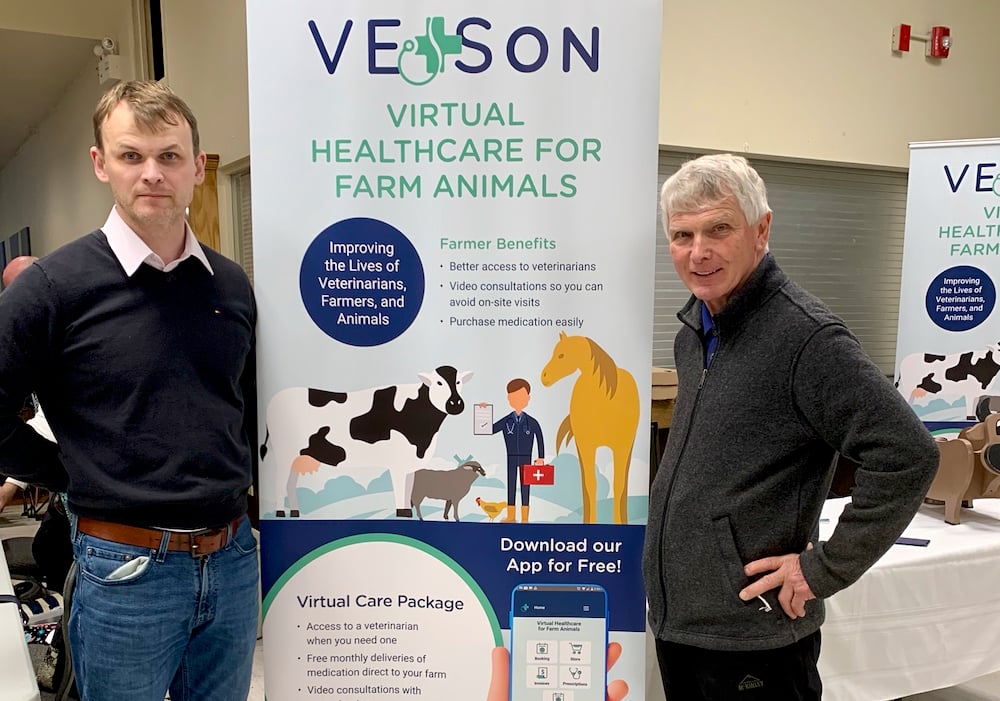Peer to peer support can help avoid mental health crises

Suicide is not uncommon in farm country.
Read Also


Digital medicine gives farmers easier access to veterinary care
Canada has a growing nation-wide shortage of veterinarians, particularly in rural and remote areas. An Ontario start-up has launched a…
Reducing the frequency of such tragedies is the goal of the Guardian Network, one of three farmer wellness programs offered by the Ontario chapter of the Canadian Mental Health Association.
Why it matters: The farming community consistently shows higher than average rates of mental health issues such as depression and anxiety.
A volunteer and peer-based initiative, the Guardian Network is comprised of individuals trained to identify people who are struggling with mental health or having thoughts of suicide. The idea is to engage them in constructive conversation about their struggles and help them connect with mental health resources and professionals before they reach a crisis point.
“Guardians” are people over the age of 18 who are in contact with farmers through their work, volunteer activities or their place in the agricultural community – salespeople, veterinarians and board members, for example. Volunteers are required to complete a training program and are given access to free individual counselling sessions. They can connect with the network’s psychological support coordinator for debriefing and support, and with fellow volunteers through regular virtual meetings and at an annual conference.
Sam Branderhorst, a dairy farmer and municipal councillor for Athol in Prince Edward County, is one of the guardians. Her personal experience has shown her that farmers are often the first to offer help to others, but reluctant to ask for help themselves, despite frequently dealing with the aftereffects of traumatic events like euthanizing animals or contending with crop failures.
“You see how it weighs on them. Maybe they don’t know how to talk about it,” says Branderhorst, adding she knows the value of counselling from her own experience working through mental health challenges.
The Guardian Network training itself was “a no-brainer,” she says, and proved invaluable in teaching how to identify signs that someone might be in trouble.
The network also benefits from the wide range of professionals who participate. From farmers who understand the quota system to real estate agents who might know why a person is selling a piece of property, different professional and life experiences contribute to the network’s capacity to identify issues and help people.
A critical characteristic for Branderhorst was reassurance that guardians are not expected to be on the front line of crisis management. The network’s purpose is to help people before they reach such a point, by making it clear there are resources available.
Those resources include a help line that connects callers with counseling in a manner fitting their comfort level, whether that’s anonymous phone conversations or in-person meetings.
“The training makes it really clear that our job is not to talk them down, not to be their counselor or crisis line. We are their support to get them there,” says Branderhorst.
Generating greater awareness of the Guardian Network is an ongoing task. Branderhorst and other colleagues involved in the initiative speak with community groups in the agriculture sector and local government and spread the word at public events and by other means.
“Probably no one will want to dump their life story in a very public setting,” she says, referring to the comparative difficulty of seeking help from the network at fairs, trade shows and other public events.
“But maybe they will pick up a magnet, see it on their fridge for a couple weeks, and gain the confidence.”
Anyone interested in becoming a guardian can visit guardiannetwork.ca for more information.
The Guardian Network
The Guardian Network was developed in conjunction with stakeholders from different farm sectors, mental health clinicians, government representatives, social work and education professionals, and others.
It’s based on a pre-existing and well-regarded Quebec program (AGIR en Sentinelle pour la prévention du suicide), designed to help prevent suicide and address mental health challenges endemic to agriculture and farmers.
As described on the Guardian Network website, these statistics include:
- 35 per cent of farmers meet the depression classification;
- 45 per cent of farmers report high stress;
- 58 per cent of farmers meet the classifications for anxiety;
- 68 per cent of farmers are more susceptible than the general population to chronic stress, which can lead to both physical and mental illness.
Source: Farmtario.com

